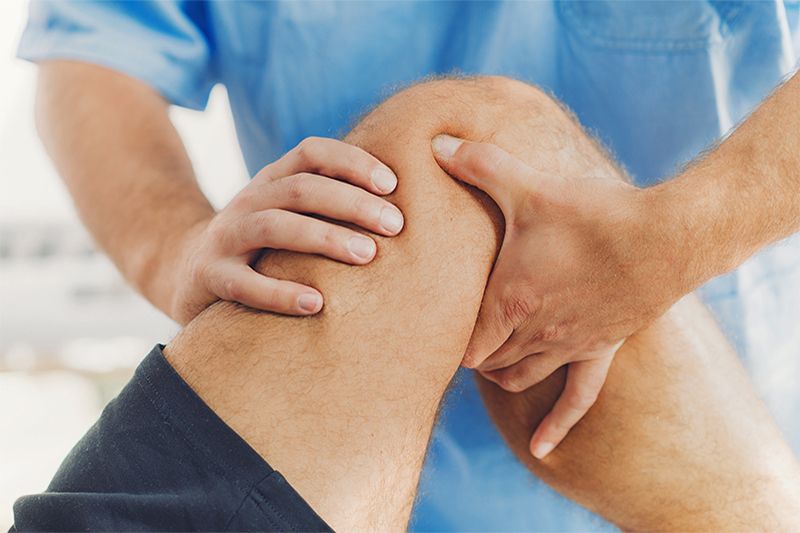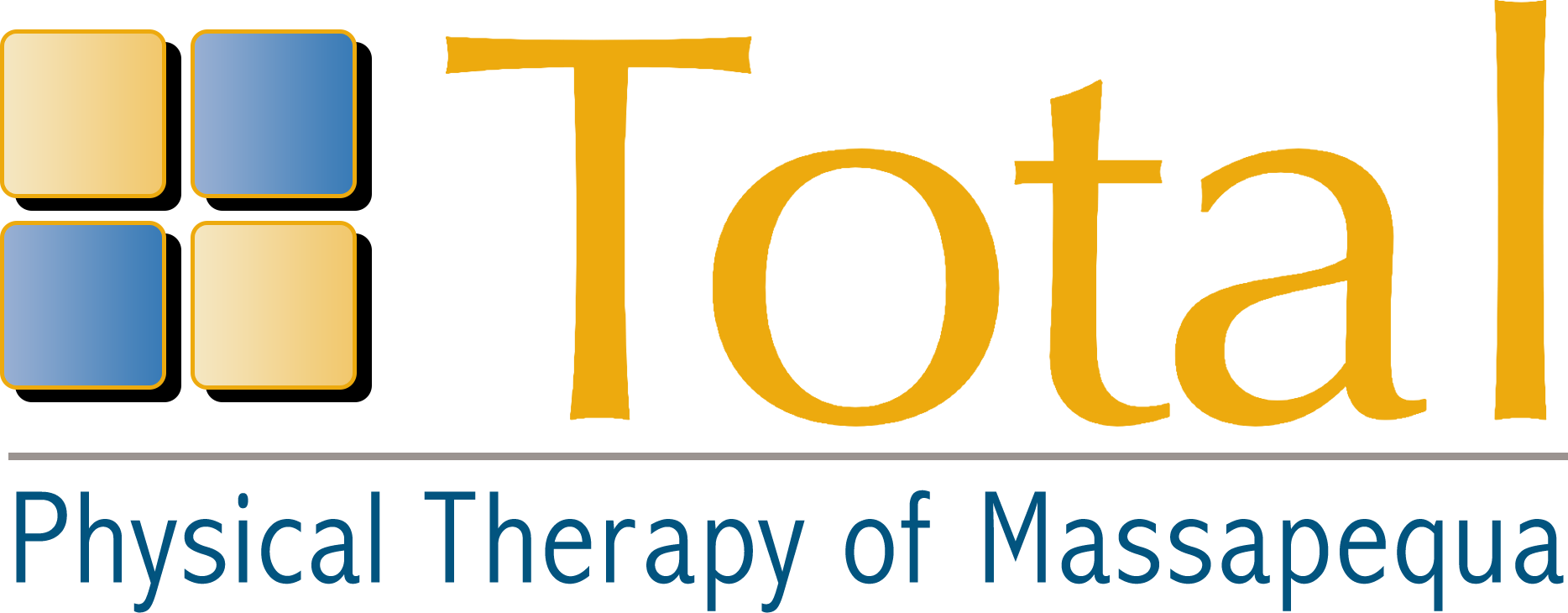
If you've experienced an injury to your knee, shoulder, or hip joints, you may need special care to make a full recovery. If the damage to the joint is severe, you may even be recommended to undergo joint replacement surgery. Joint replacement surgery is carried out when a patient has a joint that has badly deteriorated, has been damaged or diseased, and requires replacement in order to restore their quality of life. The replacement takes the form of an artificial, man-made joint. Physical therapy is a standard part of rehabilitation after any sort of severe joint injury, as well as following joint replacement surgery.
Common Joint Injuries
There are four main types of joint injuries. These are:
Strains: occur when muscles or tendons are overextended
Sprains: are injuries to ligaments that hold bones together
Dislocations: separation of the bone at its normal position within a joint
Fractures: when there are breaks, chips, or cracks in bones
The severity of joint injuries can vary significantly, but all usually benefit from the effects of physical therapy exercises as part of a rehabilitation plan.
Common Causes of Joint Replacement Surgery
Joint replacement surgery is usually recommended when a patient is experiencing such significant symptoms that it is adversely affecting their quality of life. This could be discomfort that causes them to be reliant on pain medications or to even find that the drugs are no longer as effective as they once were or mobility problems that make it difficult or impossible to move around.
You may be recommended joint replacement therapy if:
You have severe pain, swelling, and stiffness in the affected joint
Your mobility is adversely affected
The discomfort is affecting your ability to sleep
The issues are having a negative impact on your quality of life
You are unable to work because of your joint issues
Your mental health is suffering due to your condition
What to Expect From Physical Therapy After Joint Replacement Injury or Surgery
If you have undergone joint replacement surgery, you will almost certainly be advised to have physical therapy as part of your post-operative rehab program. As you might expect, getting back to normal after such as invasive surgery can take time, not to mention the fact that you will have to get used to using your new joint. Physical therapy has been shown to increase the rate at which muscles, tendons, and ligaments recover from the surgery, which in turn enables you to regain your range of motion and eventually, your mobility.
You should expect to be in the hospital for a maximum of a week, but recovery times can vary between patients. You may be visited by a physical therapist while you are still in the hospital, who will talk to you about the importance of completing your PT exercises at home as well as when you are with your therapist. During your first visit, your therapist will show you the exercises that would be beneficial for you to start completing straight away. Despite the fact that you will have sutures, soreness, and inflammation, they will help to strengthen the joint and the muscles surrounding it so that you will be ready for more intensive rehabilitation exercises when you are discharged to go home.
Exactly how often you will need to complete any sort of physical therapy exercises – whether following injury or surgery - will depend on your individual circumstances. However, PT sessions are usually more intensive in the earlier stages of your recovery, with most patients asked to perform exercises on a daily basis for at least the first few weeks. These may be both with a therapist and on your own. Committing to the exercises will help expedite your recovery.
Additional Support For Knee, Hip, or Shoulder Rehab
In addition to physical therapy exercises, your therapist will also give you other valuable advice and information to help speed up your recovery. This will include information on eating a healthy, balanced diet to ensure that your body has the nutrients needed to heal after your surgery and function optimally, staying hydrated, and getting enough sleep. Your therapist will talk to you about moving around with your new joint, and how to do so without causing yourself unnecessary discomfort. You’ll also be given information on ways in which you can control any discomfort that you experience, including methods that don’t rely on medications.
For more information about the knee, hip, and shoulder rehab, please contact our physical therapy team in North Massapequa, NY.








